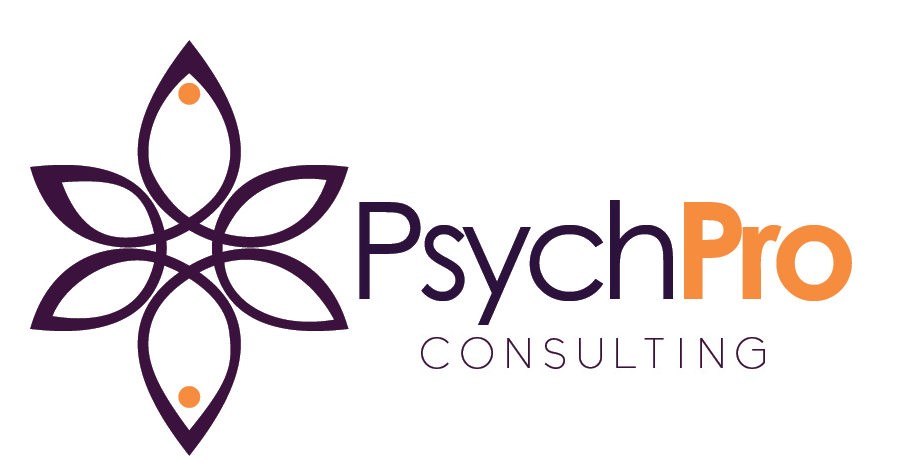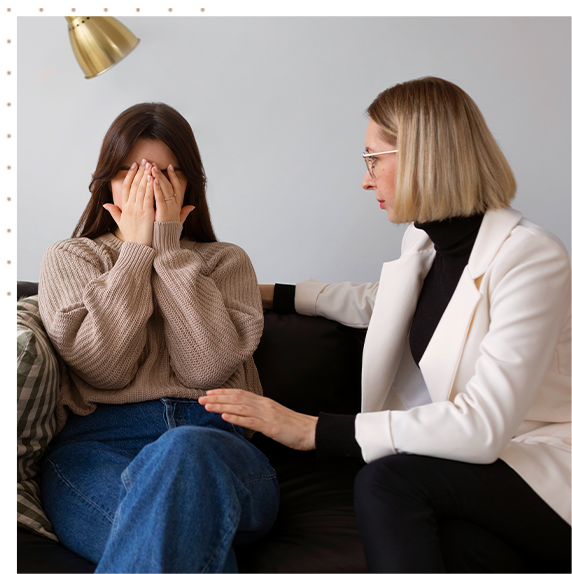CLINICAL DEPRESSION
Clinical depression, also known as major depressive disorder, is a serious mental health condition that affects millions of people worldwide.


Clinical depression, also known as major depressive disorder, is a serious mental health condition that affects millions of people worldwide.
Clinical depression is more than just feeling sad or having a “bad day.” Some common symptoms include:
Persistent sadness or emptiness
Loss of interest in activities once enjoyed
Changes in appetite or weight
Sleep disturbances (insomnia or oversleeping)
Fatigue or loss of energy
Difficulty concentrating or making decisions
Feelings of worthlessness or excessive guilt
Thoughts of death or suicide

Important: If you or a loved one are experiencing thoughts of suicide, please seek immediate assistance by calling or texting the national suicide hotline at 988, calling 911, or going to your nearest emergency department

Depression is a complex disorder with no single cause. Several factors can contribute to its development:
Biological factors
Imbalances in brain chemistry or hormones
Genetic predisposition
Family history of depression
Environmental stressors
Traumatic life events, chronic stress, or loss
Medical conditions
Certain illnesses or medications can trigger depression
Personality traits
Low self-esteem or a tendency towards pessimism
It’s important to remember that experiencing one or more of these risk factors doesn’t necessarily mean you’ll develop depression. Likewise, some individuals may develop depression without any apparent risk factors.
The good news is that clinical depression is treatable. Two primary treatment approaches are often used:
Psychotherapy, or “talk therapy,” involves working with a licensed clinician to address thoughts, feelings, and behaviors associated with depression. Common types include:
Cognitive Behavioral Therapy (CBT)
Helps identify and change negative thought patterns
Interpersonal Therapy
Focuses on improving relationships and communication skills
Psychodynamic Therapy
Explores unconscious thoughts and past experiences
Antidepressant medications can help balance brain chemistry and alleviate symptoms. Common types include:
Selective Serotonin Reuptake Inhibitors (SSRIs)
Serotonin-Norepinephrine Reuptake Inhibitors (SNRIs)
Atypical antidepressants
Medication should always be prescribed and monitored by a qualified healthcare professional.
Many individuals find that a combination of psychotherapy and medication provides the most effective relief from depression symptoms.
If you or a loved one is struggling with clinical depression, remember that you’re not alone. Depression is a highly treatable condition and with proper diagnosis and treatment, most people with depression experience either full recovery or a significant improvement in their symptoms and quality of life. Take the first step towards healing and contact us today.